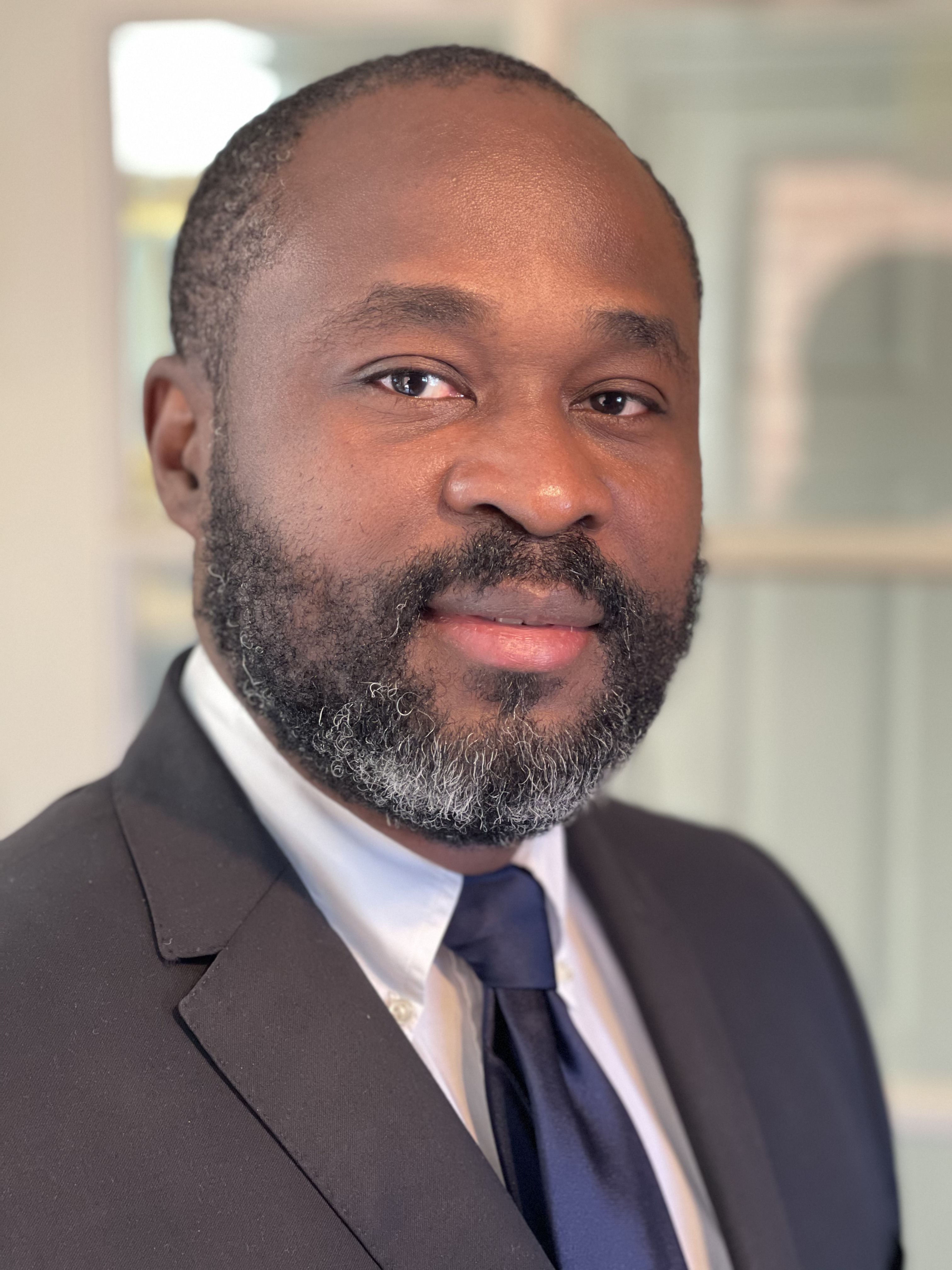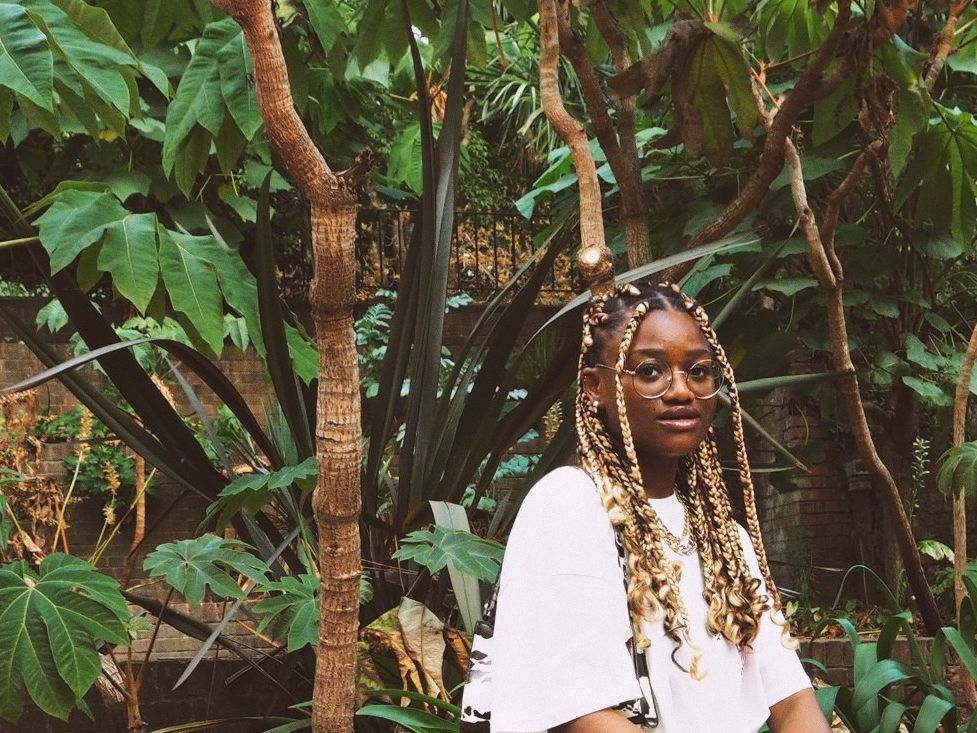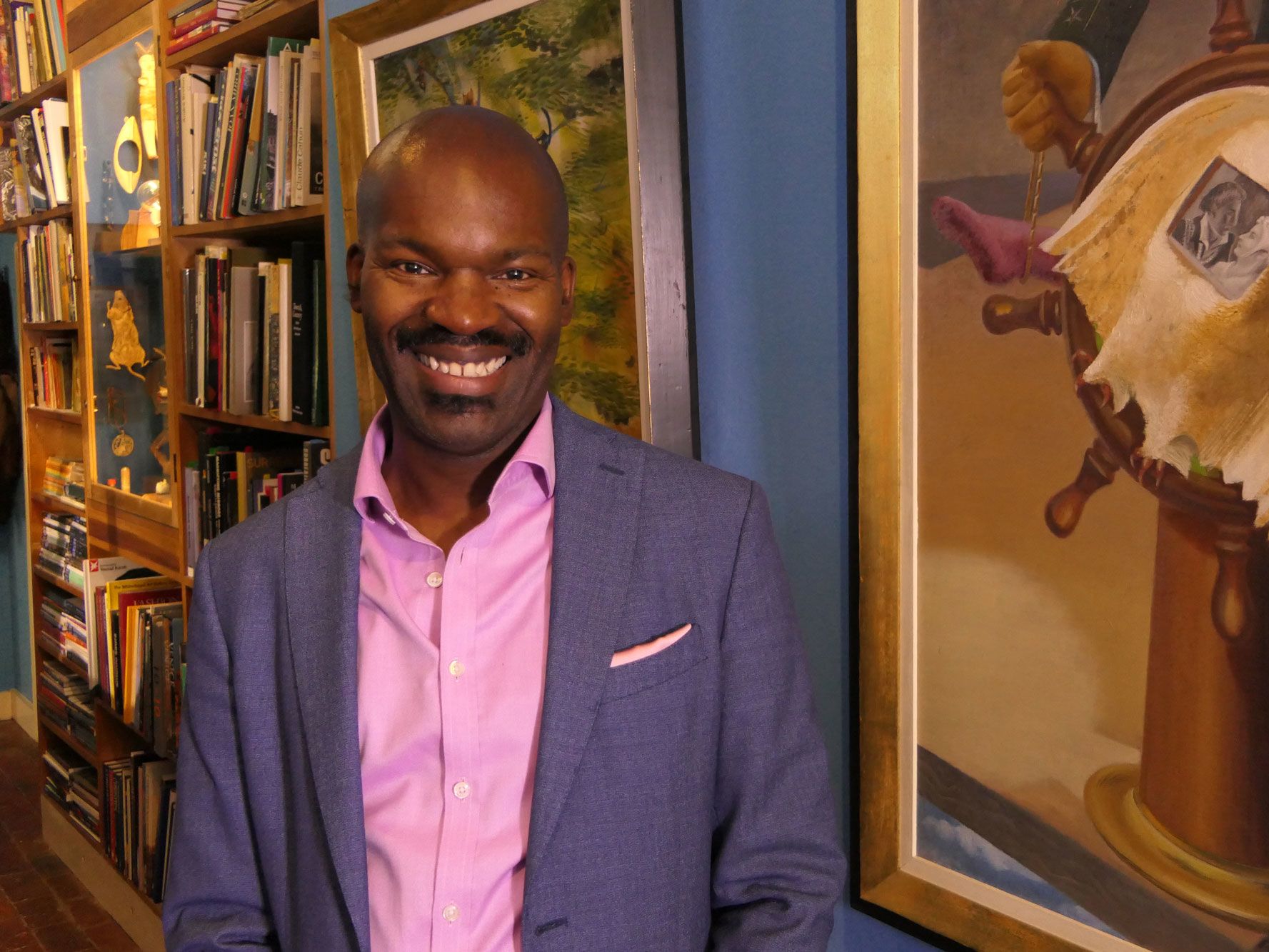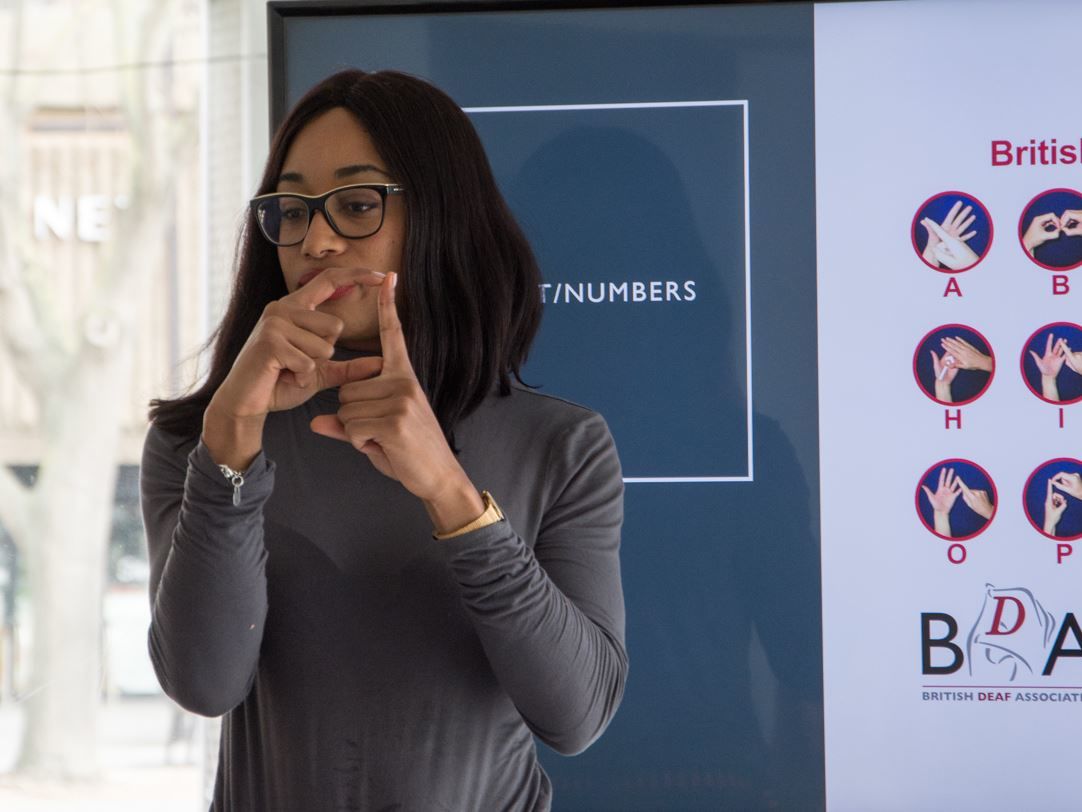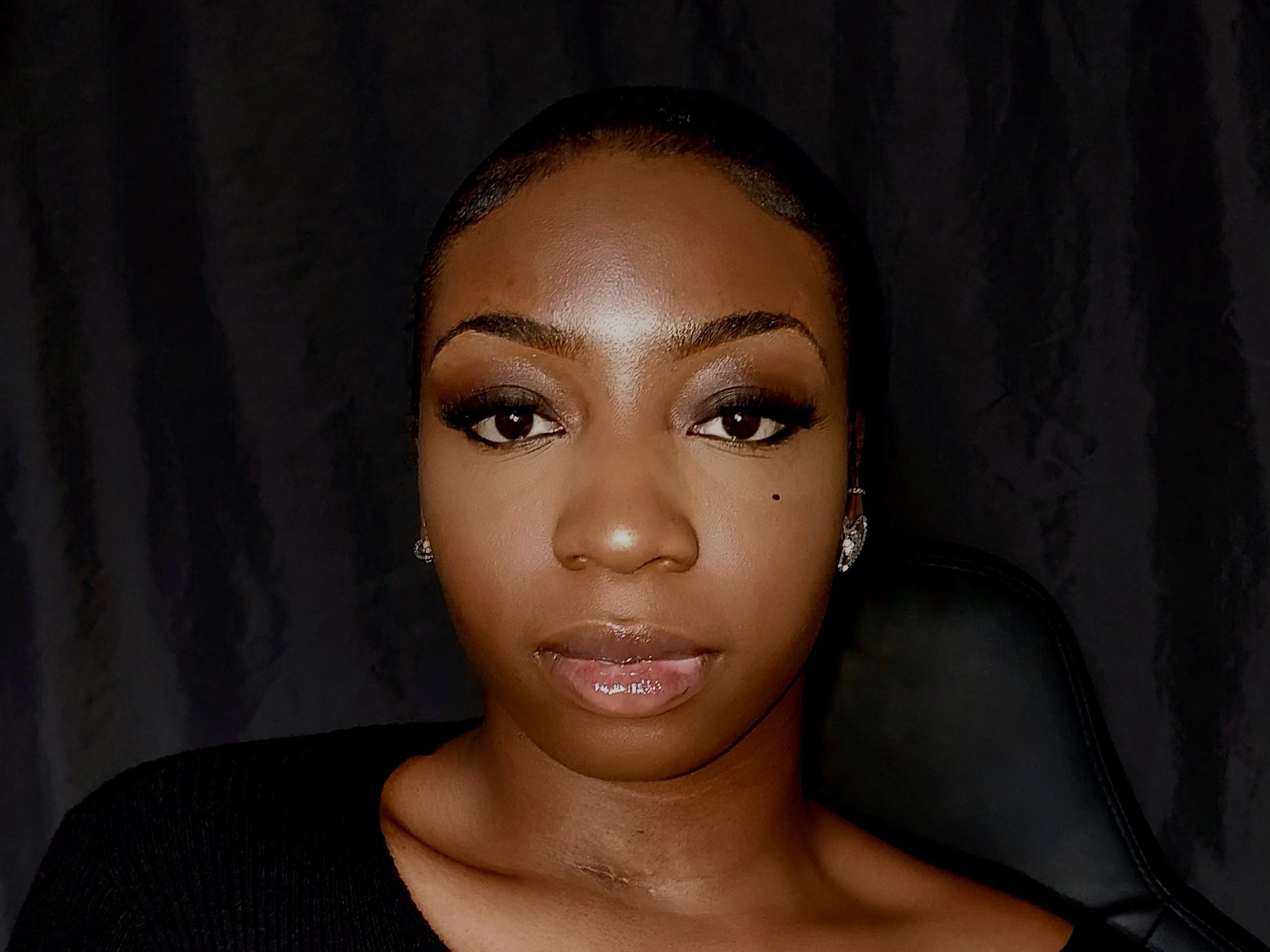
Black History Month alumni spotlight: Meet Ella Okoromadu
As part of our Black History Month celebration, we interviewed UAL alumni and current staff member Ella Okoromadu, who works as a Brand and Creative Services Assistant. Get to know Ella, find out why acknowledging Black History is important to her and how it has helped shaped her creative practice.
